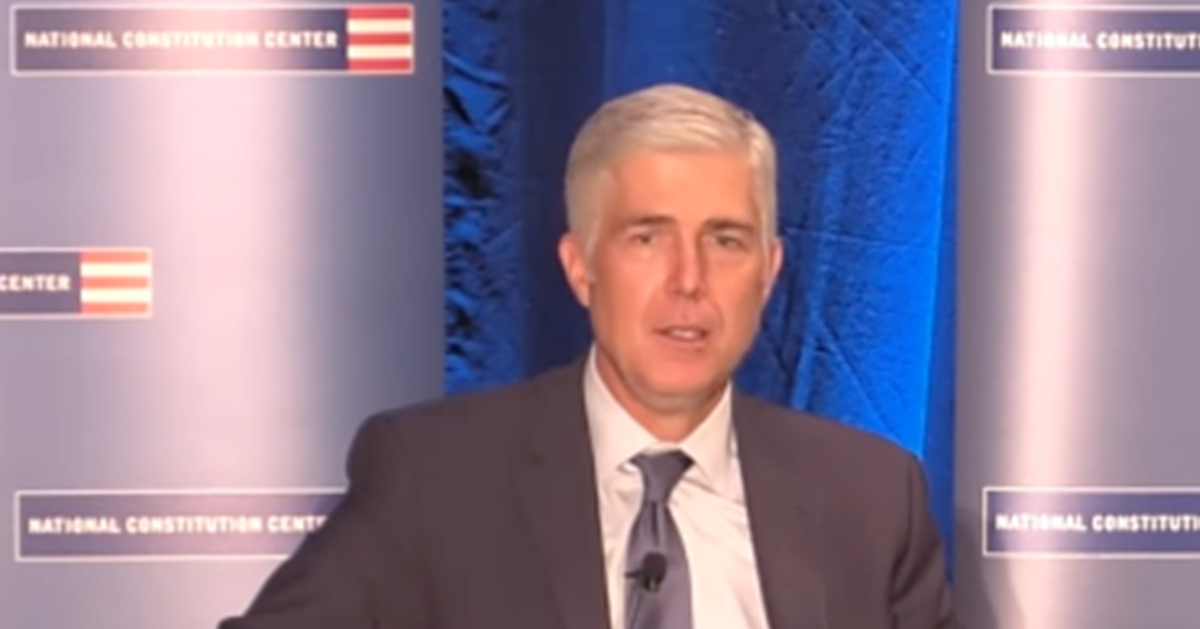U.S. Deploys Troops to Middle East and Urges Citizens to Leave Lebanon
The U.S. is sending additional troops to the Middle East as tensions between Israel and Hezbollah escalate. This move comes in response to an intensification of violence in Lebanon, where Israeli airstrikes have increased in frequency. The latest strikes have resulted in over 100 deaths and 400 injuries, primarily in Hezbollah-linked areas.
According to Daily Mail, the situation has prompted the U.S. government to urge its citizens to leave Lebanon, warning of unpredictable conditions amid the ongoing conflict.
Tensions have been rising over the past week following a coordinated Hezbollah attack involving explosive devices targeting their communication equipment. The attack led to a sharp increase in Israeli military activity, focusing on Hezbollah targets in Lebanon. Israeli forces have also employed psychological tactics, sending warnings to Lebanese civilians near Hezbollah-controlled areas, urging them to evacuate.
Lebanese Civilians Caught in the Crossfire
Lebanese officials have condemned these warnings as an attempt to induce fear, calling it a form of psychological warfare. The situation has prompted school closures across the country, with many residents seeking shelter as the conflict escalates. Lebanon's government has called on international bodies to intervene, with Prime Minister Najib Mikati accusing Israel of waging a “war of extermination.”
In the face of these rising tensions, the Biden administration has repeatedly called for a diplomatic resolution. Despite the ongoing airstrikes, U.S. officials have stressed the importance of dialogue to bring the conflict to an end. President Joe Biden briefly addressed the situation during a meeting with UAE President Sheikh Mohamed bin Zayed, emphasizing the need to de-escalate.
U.S. Warns Citizens to Depart Lebanon
As the conflict worsens, the U.S. State Department has issued a stark warning to its citizens in Lebanon. The embassy has urged Americans to leave while commercial flights are still available, highlighting the unpredictable and volatile nature of the situation. This warning follows reports of intensifying clashes between Israel and Hezbollah.
At the Pentagon, Press Secretary Gen. Pat Ryder confirmed the deployment of additional U.S. military personnel to the region but refrained from specifying exact numbers. This move is seen as a precautionary measure to reinforce the approximately 40,000 U.S. troops already stationed in the Middle East, along with warships and fighter jets.
Escalation Raises Fears of Wider Conflict
The conflict has drawn concern from international observers, as the violence threatens to expand beyond the borders of Lebanon and Israel. Consequently, Hezbollah’s initial attack set off a chain of retaliations from the Israeli military, which has intensified its operations in recent days. In response, Israeli Defense Minister Yoav Gallant confirmed that the country would continue to ramp up its military actions in Lebanon.
Moreover, Gallant has also issued warnings to the Israeli public, urging them to remain calm as the conflict escalates. "These are days in which the Israeli public will have to show composure," he said in a statement, underscoring the gravity of the situation.
Lebanon Calls for International Assistance
Lebanese Prime Minister Najib Mikati, in a statement to the United Nations, accused Israel of engaging in a campaign of destruction against Lebanon. He described the ongoing military action as a deliberate effort to target and devastate Lebanese villages and towns, calling it a “war of extermination.” Mikati urged the international community to take immediate steps to halt the violence.
Despite these calls for intervention, the Israeli government maintains that its military actions are necessary to defend against Hezbollah’s ongoing threats. As the violence continues to escalate, civilians in Lebanon are facing growing hardship, with many areas lacking basic services and supplies.
Biden Administration Pushes for Diplomatic Resolution
While the situation on the ground continues to worsen, the Biden administration has reiterated its commitment to finding a peaceful resolution to the conflict. Speaking at a press conference, White House Press Secretary Karine Jean-Pierre emphasized the need for swift diplomatic action, stating that the risk of further escalation was “real.”
The U.S. has remained in contact with regional allies, working behind the scenes to mediate talks between Israel and Lebanon. However, with both sides entrenched in their positions, finding a path to de-escalation has proven difficult.
U.S. Military Reinforcements on High Alert
As additional U.S. military forces are sent to the region, the Pentagon has taken steps to ensure the readiness of U.S. assets in the Middle East. Gen. Pat Ryder confirmed that the reinforcements would be used to augment existing forces, ensuring that the U.S. military is prepared for any potential escalation.
The Biden administration has also stressed that the deployment of additional troops is a precautionary measure intended to protect U.S. interests in the region. However, the growing violence between Israel and Hezbollah has raised concerns about the possibility of a wider conflict, one that could potentially draw in other regional actors.
Calls for Calm as Violence Continues
As the conflict enters its second week, the situation remains volatile. Schools across Lebanon have been shut down in response to the escalating airstrikes, and many residents are preparing for further violence. In the face of these challenges, Lebanese officials are calling for calm, urging civilians to remain cautious as the conflict develops.
Both Israel and Hezbollah have shown little sign of backing down, and international efforts to broker a ceasefire have so far failed to gain traction. As the violence continues, the prospect of a peaceful resolution appears increasingly remote.



